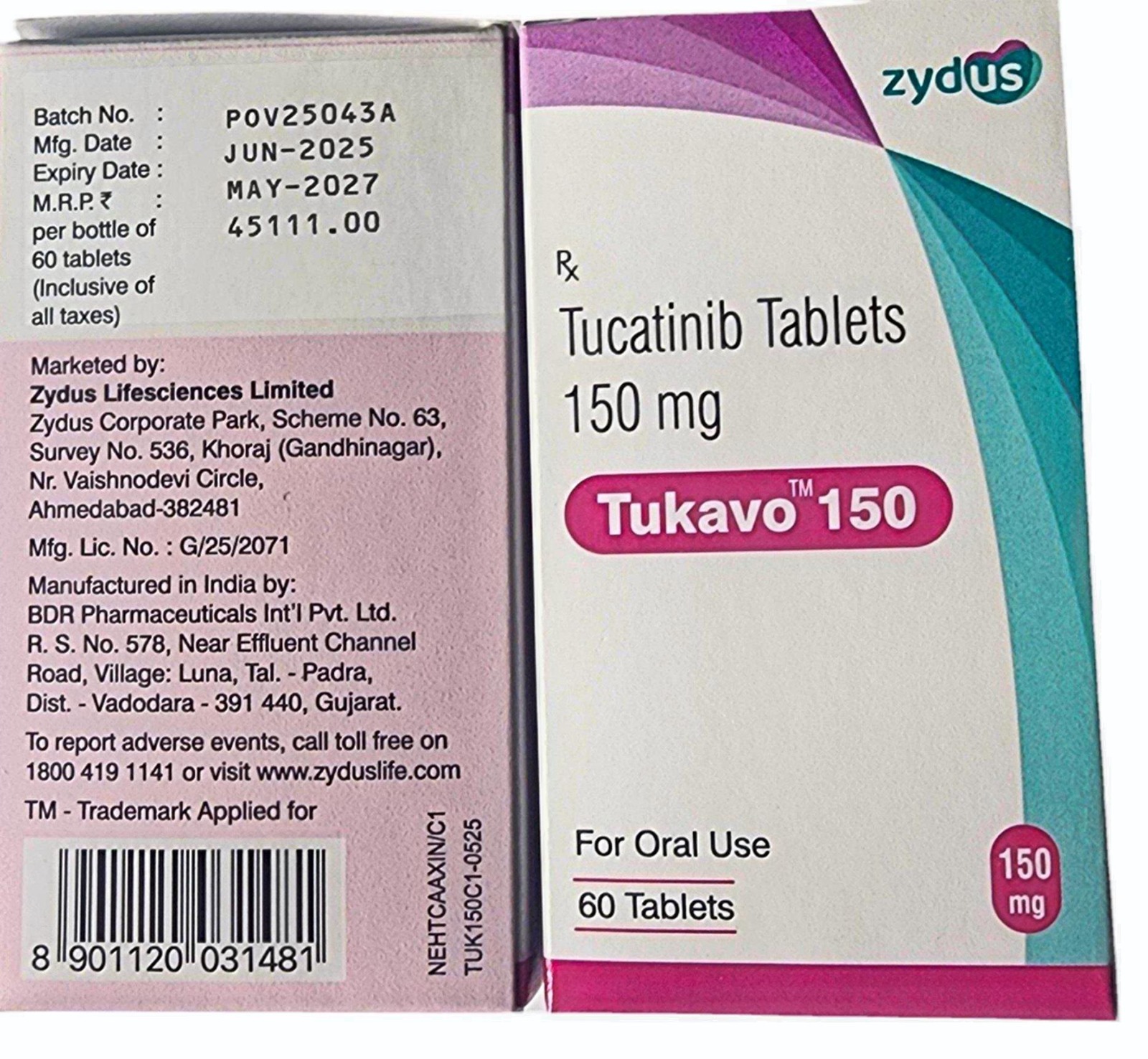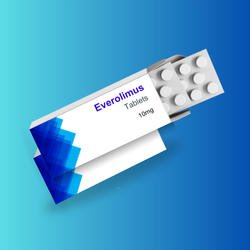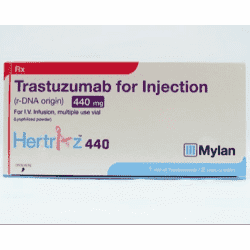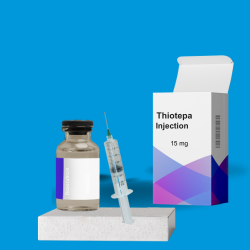Description
- adult patients (in combination with trastuzumab and capecitabine) with advanced unresectable or metastatic HER2-positive breast cancer, including patients with brain metastases, who have received single or multiple prior anti-HER2-based regimens in the metastatic setting.
- adult patients (in combination with trastuzumab) with RAS wild-type HER2-positive unresectable or metastatic colorectal cancer that has progressed after treatment with fluoropyrimidine-, oxaliplatin-, and irinotecan-based chemotherapy. (Note: this indication is approved under accelerated approval.)
Tucatinib 150 mg is a prescription drug used to treat some forms of breast cancer and colorectal cancer (on an accelerated approval basis) that have an overexpression of a protein known as HER2. It is common for doctors to prescribe alongside a combination of two other medicines, trastuzumab and capecitabine. These three drugs work better together: trastuzumab and tucatinib both block the HER2 signal from different angles, and capecitabine damages cancer cells during their replication attempts. With all three, the likelihood of controlling the disease is improved.
Unlike traditional chemotherapy, tucatinib is a targeted therapy. Chemotherapy attacks many quickly growing cells in the body, which is why individuals often lose hair or experience tiredness during treatment. Targeted therapy focuses mainly on unhealthy cells that carry specific markers—in this case, the HER2 protein. Because tucatinib zeroes in on HER2‑positive cells, healthy cells usually face less damage, and some side effects may be milder than with standard chemotherapy.
Tucatinib works inside the cell. HER2 sits on the outside of unhealthy cells and sends a “grow and divide” signal inward. Tucatinib blocks that signal pathway, making it harder for the tumor to progress or spread. Clinical studies demonstrate that adding this medicine to trastuzumab and capecitabine can shrink tumors and may help patients live longer without their disease getting worse.
Even though tucatinib is more selective than chemotherapy, it is still a strong therapeutic drug. Always take it only under your oncologist’s guidance. Regular blood tests, liver checks, and scans are necessary to see if the medicine is working appropriately and to catch any side effects early. Common reactions may include tiredness, diarrhea, and redness of hands or feet. Let your healthcare team know right away if in case symptoms feel serious or last a long time.
In summary, tucatinib 150 mg is a targeted HER2 blocker. It is given along with trastuzumab and capecitabine. It aims to slow HER2+ breast cancer while sparing healthy cells, but close medical supervision is needed for safe and effective treatment.
Dosage & Side Effects: Metastatic Breast Cancer:
The recommended dosage of Tucatinib is 300 mg taken orally twice daily in combination with medicines trastuzumab and capecitabine until there is evidence of disease progression or unacceptable toxicity.Unresectable or Metastatic Colorectal Cancer:
The recommended dosage of Tucatinib is 300 mg taken orally twice daily in combination with trastuzumab until there is evidence of disease progression or unacceptable toxicity.Swallow Tucatinib tablets whole and do not chew, crush, or split before swallowing. Patients should not ingest the tablet in case it is broken, cracked, or not otherwise intact. Patients should take the medicine approximately 12 hours apart and at the same time every day with or without a meal.
If the patient vomits or misses any dose, instruct them to take the next dose at its usual scheduled time. When given along with Tucatinib, the recommended dosage of capecitabine is 1000 mg/m2 orally twice daily, taken within 30 minutes after a meal. Tucatinib and capecitabine can be taken at the same time.
The most common side effects of Tucatinib 150 mg oral tablets in combination with trastuzumab and capecitabine in patients with metastatic breast cancer are anemia, diarrhea, nausea, palmar-plantar erythrodysesthesia, hepatotoxicity, vomiting, decreased appetite, stomatitis, and rash.
The most common side effects with Tucatinib in combination with trastuzumab in patients with unresectable or metastatic colorectal cancer are nausea, diarrhea, infusion-related reactions, fatigue, rash, abdominal pain, and pyrexia.





